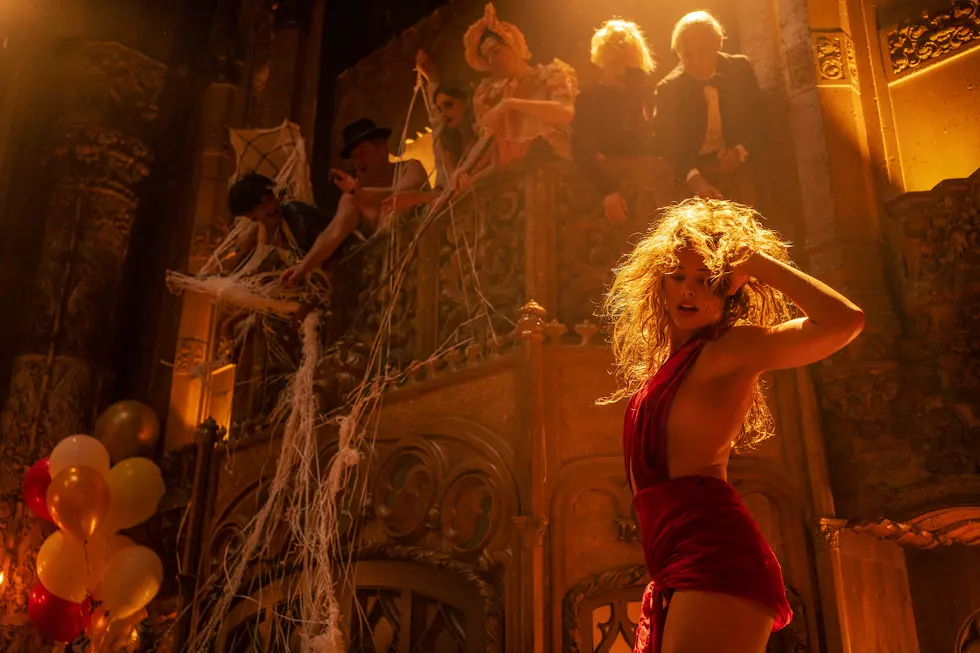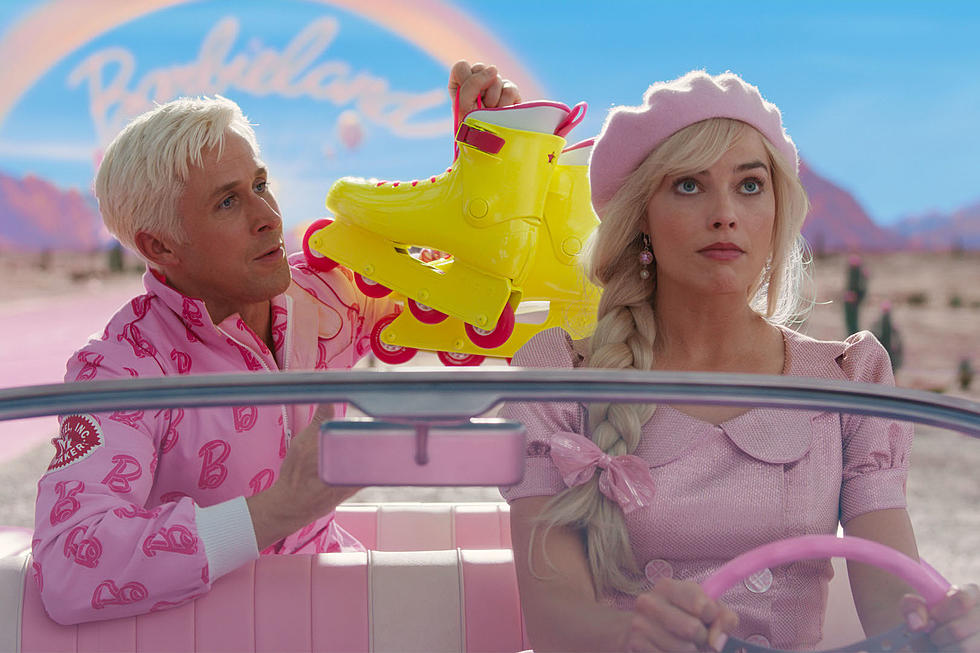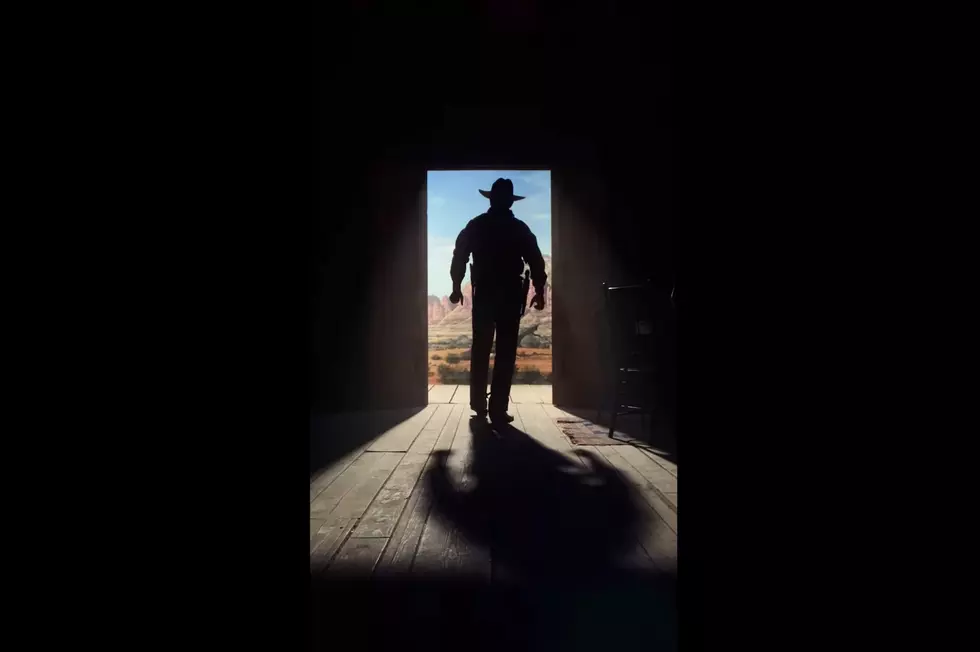
‘Babylon’ Review: This Silent Era Epic Won’t Stop Talking
Let’s start with the elephant in the room. (Strictly speaking, it’s initially the elephant in the truck.) In Damien Chazelle’s Babylon, this animal is part of the entertainment at a party thrown by a Hollywood mogul in 1926. The executive’s house sits atop a mountain, and there’s no easy way to get the elephant up there. When the truck dragging the elephant up the hill slips out of control on the steep climb uphill, the poor thing poops — graphically and at great length — on one of his handlers.
The elephant does eventually make it to the party where it becomes a literal elephant in the room. Now an elephant s—ing may or may not be a metaphor, but an elephant in a room is never not a metaphor. In Babylon, it represents the long-forgotten seamy side of this era in Hollywood history. Sharing that room in the mogul’s mansion with the elephant are an assortment of stars, industry titans, wannabes, and anonymous partygoers — all having sex or doing drugs or both. In addition to a shower of elephant poop, Babylon’s first ten minutes also include an onscreen golden shower and an orgy that would get Hugh Hefner’s attention. Hooray for Hollywood!
Or not. Chazelle definitely wants to say something in Bablyon; something of great length, if not importance. For the next three hours, he follows a gaggle of characters through years of tumult in the movie business. He contrasts the outlaw chaos that defined moviemaking in the late silent period with the sanitized and hyper-controlled early sound period. He follows actors who found great success in silent cinema as they struggle to acclimate to microphones, dialogue, and intricate blocking. And he shows how an artform that occasionally produces heartrending art has often been controlled by studios characterized by callous cruelty.
But here is another elephant in the room: For all its lovely cinematography, toe-tapping jazz music, and heartfelt statements about the wonder and torture of moviemaking, Babylon is also a three-hour slog, one that peaks early and makes its point often. Despite its prodigious runtime, it’s also less of a true ensemble piece than it initially seems. Only a couple of the characters get any semblance of a backstory or lives beyond their show business dreams. The others who appear and reoccur exist only as plot points; now their lives are up, now their lives are down. Chazelle, who also wrote the screenplay, never puts these other people in the spotlight long enough to learn what any of them think or feel about their travails, or to form much of an emotional attachment to their highs and lows.
Take Brad Pitt, who is ostensibly the film’s third lead as Jack Conrad, a sturdy leading man of silent movies. Pitt looks every bit the massive 1920s movie star, but that’s basically all the movie asks him to do for three hours. His character’s resolution, when it finally comes, rings totally hollow, because Bablyon invested so little feeling or interest in Jack’s inner life. He’s just an extremely handsome human prop.
The only people onscreen who feel like more than that — barely — are Nellie, played by Margot Robbie, and Manny, played by Diego Calva. They meet at the debauched bacchanal that opens the film; Manny works for the part’s host as a sort of all-purpose fixer, while Nellie crashes the shindig because, well, wouldn’t you? While she helps herself to a mountain of cocaine (it makes the one the elephant had to climb to get to the party look small in comparison), she rambles on about her cinematic ambitions. She wants to be a star; Manny wants to make movies.
The two go their separate ways that night, but their paths will cross again and again in the picture as they each pursue their parallel destines. In Bablyon’s best sequence, both wind up working on a sprawling Hollywood backlot; she as a last-minute fill-in for a missing actress, he trying to locate a working camera before the sun vanishes behind the horizon. With manic intensity, Chazelle explores every nook and cranny of this enormous production facility, where multiple movies are all being filmed simultaneously because, with no sound to worry about, it doesn’t matter if you’re filming a thunderous battle scene next to an intimate drama. Bablyon recreates the period and its movies with exacting details, and captures the giddy rush of getting a great shot, nailing a perfect take, making a magical movie.
But the magic quickly wears off. After that emotional peak about an hour in, there are still two monotonous hours to go, and they never bring much additional depth to Nellie, Manny, or Jack, or to any of the characters in their orbit. (One key supporting character, a trumpet player portrayed by Jovan Adepo, appears over and over on movie sets, playing music and then even moving into an on-camera role, but he appears in almost no scenes that show any of his interior life — something that really comes back to haunt the film when he’s later faced with a major moral crisis that feels completely unearned.) Occasionally a new character will appear and enliven the story for a few scenes, like Olivia Hamilton as Nellie’s brash director or Tobey Maguire as an unhinged L.A. crime boss. But without fail these people vanish from the narrative just as quickly, never to be heard from again. And rather than an epic conclusion, the movie builds to a deeply frustrating epilogue.
That ending is certainly ambitious, even if it overreaches in its attempt to make a Huge Artistic Statement About The Power Of Movies. If nothing else, you have to appreciate that Chazelle has managed to make one of the few big-budget Hollywood films of the last few years that is about something other than superheroes or video game characters. Throughout, he wears his inspirations on his sleeve; long sequences play like a more serious version of Singin’ in the Rain; others have the drug-fueled energy of Boogie Nights. But the final product doesn’t measure up with either of those superior showbiz comic melodramas. Chazelle seems so enamored with his simulacrum of this forgotten world that he loses sight of the people in it.
RATING: 5/10
The Best Movies of 2022 So Far

More From Mix 97.9 FM










